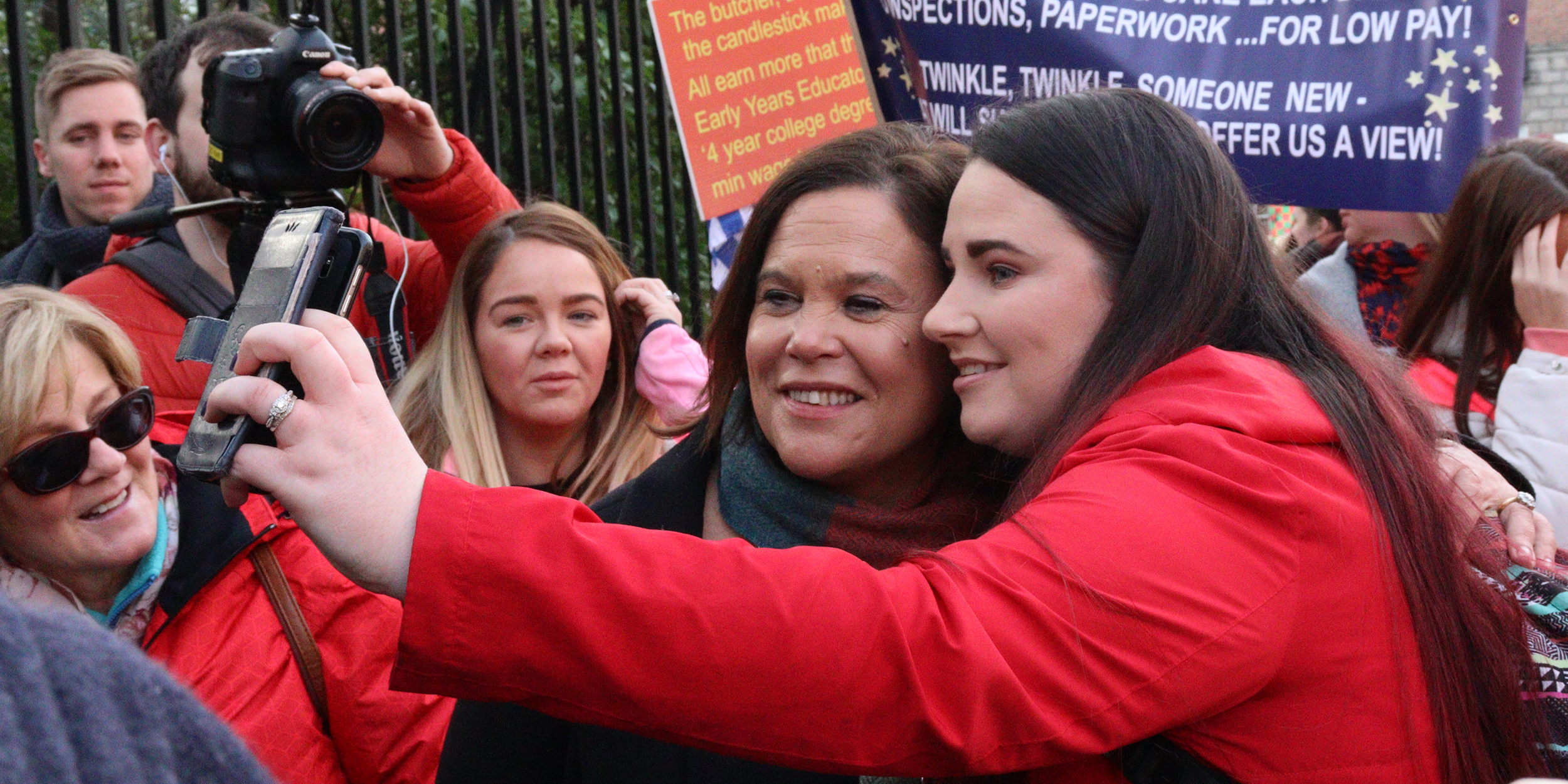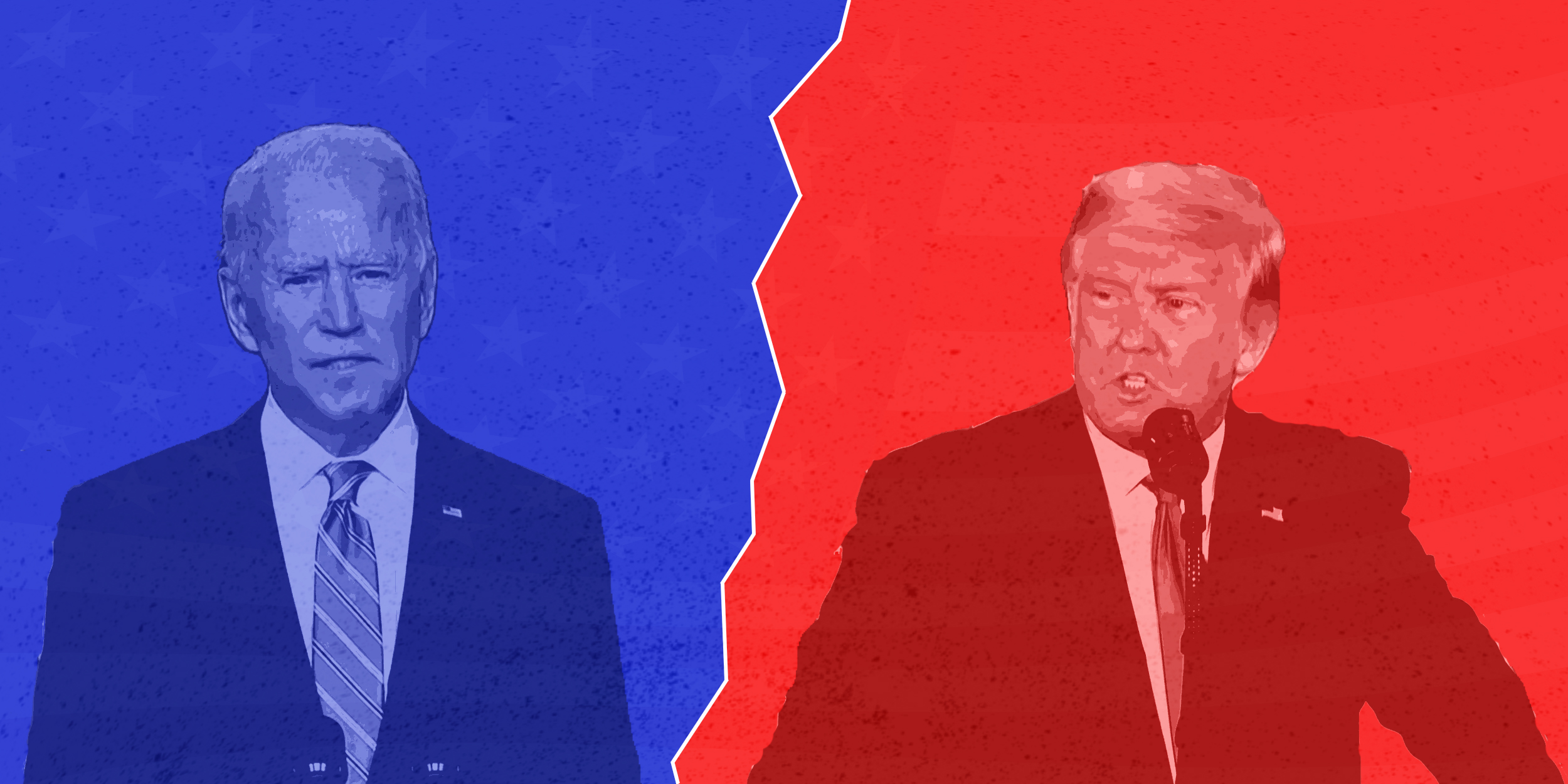With the 2024 UK General Election rapidly approaching, our students tell us which issues are important to them.
 “The youth deserve better. Voting matters now, more than ever”
“The youth deserve better. Voting matters now, more than ever”
The generation brought up by multiple ‘once-in-a-generation’ events finally has the chance to vote.
The past ten years saw three general elections, a country-defining referendum and a pandemic. In that time, today’s generation, those of us in secondary school during Brexit and at university after the pandemic, have not been able to have their say – until now.
And it couldn’t have come at a worse time. Pessimism is at an all-time high. Just think about it: a dire housing situation, a lack of commitment in climate policies, tuition fees and, dare I say, Europe. A whole generation is checking out from civic engagement, slipping through the cracks because of an uncertain future ahead. So when Michael Gove said that the young might abandon democracy, he was not wrong.
And yet, it’s the chance to vote that matters to me most. Showing that participation from the young in a democracy is an all-important thing, an opportunity that isn’t available in other countries. It’s the only way to show that young people are a sizeable voting bloc worth listening to.
And for those who feel politically homeless? There is a self-fulfilling prophecy at play: staying at home since few are appealing directly to the young, a low turnout occurs, and the parties continue to appeal to those who vote. Disillusionment with democracy is what matters at the poll station. Voting as a student matters now, more than ever.
It’s why I’m in support of proposals to extend the franchise to 16-year-olds. Sure, my choice of vote can be wildly different from the next young person. But what matters is that they’re voting. I may be a Labour voter at heart, and I certainly do support the party’s proposals in these difficult times.
But I also recognise that more must be done – the youth deserve better. The only way of showing this is by voting.
Khalil Jama is a final year undergraduate studying Politics and Economics at LSE. He has interned at J.P Morgan and Bridgepoint. He will be voting in the Brent East constituency.
 “We need proportional representation to create the real change our country needs”
“We need proportional representation to create the real change our country needs”
I’m a student, and it turns out that the UK general election doesn’t matter very much to me. The opinion polls are clear: the next Prime Minister will almost certainly be Keir Starmer, and Rishi Sunak will likely head off to California. Although the colour scheme may change, government policies will remain much the same as they have for my entire life.
Neither the Conservatives nor Starmer’s Labour party will ever look seriously at a wealth tax, neither of them will tackle the problems in social care that are at the heart of the current NHS crisis, neither of them will commit to leading a fair green transition for our future. So why should the result matter to me?
The only parties proposing any sort of real change are the smaller parties, who have no real hope of winning. In the BBC debate Labour’s Angela Rayner left it to the SNP’s Stephen Flynn and Plaid Cymru’s Rhun ap Iorwerth to challenge Nigel Farage on his rhetoric around immigration. As usual the Green representative, Carla Denyer, was the only one willing to face up to the reality of the climate crisis we face.
And recently the only parties willing to stand up for Palestinians dying in Gaza in ongoing Israeli attacks have been the smaller parties. Plaid Cymru, the Liberal Democrats, the Greens, and the SNP have all shown backbone that the Tories and Labour can only dream of in criticising the actions of the Israeli government.
I may not like much of what Nigel Farage said in the BBC debate but he was right about one thing: our two-party system isn’t working; we need proportional representation to create the real change our country needs by giving these smaller parties a real chance. That’s the only way I can see that I might be more invested in the outcome of this general election.
Joe Card is a second year History and Politics student at LSE, from Nottinghamshire. Outside of his academic work he loves getting involved in student societies like Raise and Give (RAG), Drama, and the London Globalist. Academically he is particularly interested in political theory and intellectual history.
 “The next government needs to be held to account on climate change”
“The next government needs to be held to account on climate change”
Although there is an array of issues confronting the average British voter this election: stagnating growth, the cost-of-living crisis, immigration policies, the funding of public services to name a few – I join the near 66% of Britons (per the latest YouGov poll) who are concerned about the looming costs of climate change, and government inaction surrounding it.
The next elected Prime Minister will determine much of the country’s ability to deliver on its 2030 emission reduction targets, and ultimately pave way for its net zero goal by 2050. The major parties disappointingly illustrated a weakly credible path to achieve these objectives – with the Labour party retracting its commitment to offer 28 billion pounds in green investments, and the Conservatives persisting with drilling oil in the North Sea and creating new gas fired power plants.
Much of this can be attributed to the prevailing, misguided narrative that climate action and economic recovery are mutually exclusive, when in fact a more robust climate agenda brings along job creation, energy security, stronger healthcare and greatly reduces the vulnerability of individuals, businesses and communities.
For instance, higher investment in the renewable energy sector is cited to add 140,000 jobs by 2030 alone, and significantly lower energy bills for both households and businesses since renewables are priced lower than oil and gas. Any jobs lost can be recovered with low-cost retraining and will eliminate those that were hazardous to worker safety in the North Sea industry. Greater accountability should therefore be demanded in decommissioning oil and gas infrastructure, and boosting research and development in emerging CO2 removal, green hydrogen, nuclear fusion, and AI based electricity technologies.
What therefore matters to me most about the upcoming election is that this appetite for more radical environmental transformation isn’t neglected, and that citizens hold the next government accountable to rise to its international climate leadership potential.
Tejashwini Prashar is an MSc candidate in the Political Science (Political Science and Political Economy) programme in the LSE Department of Government. She is an international student and hails from India.
Note: this article gives the views of the authors, and not the position of the LSE Department of Government, nor of the London School of Economics.





